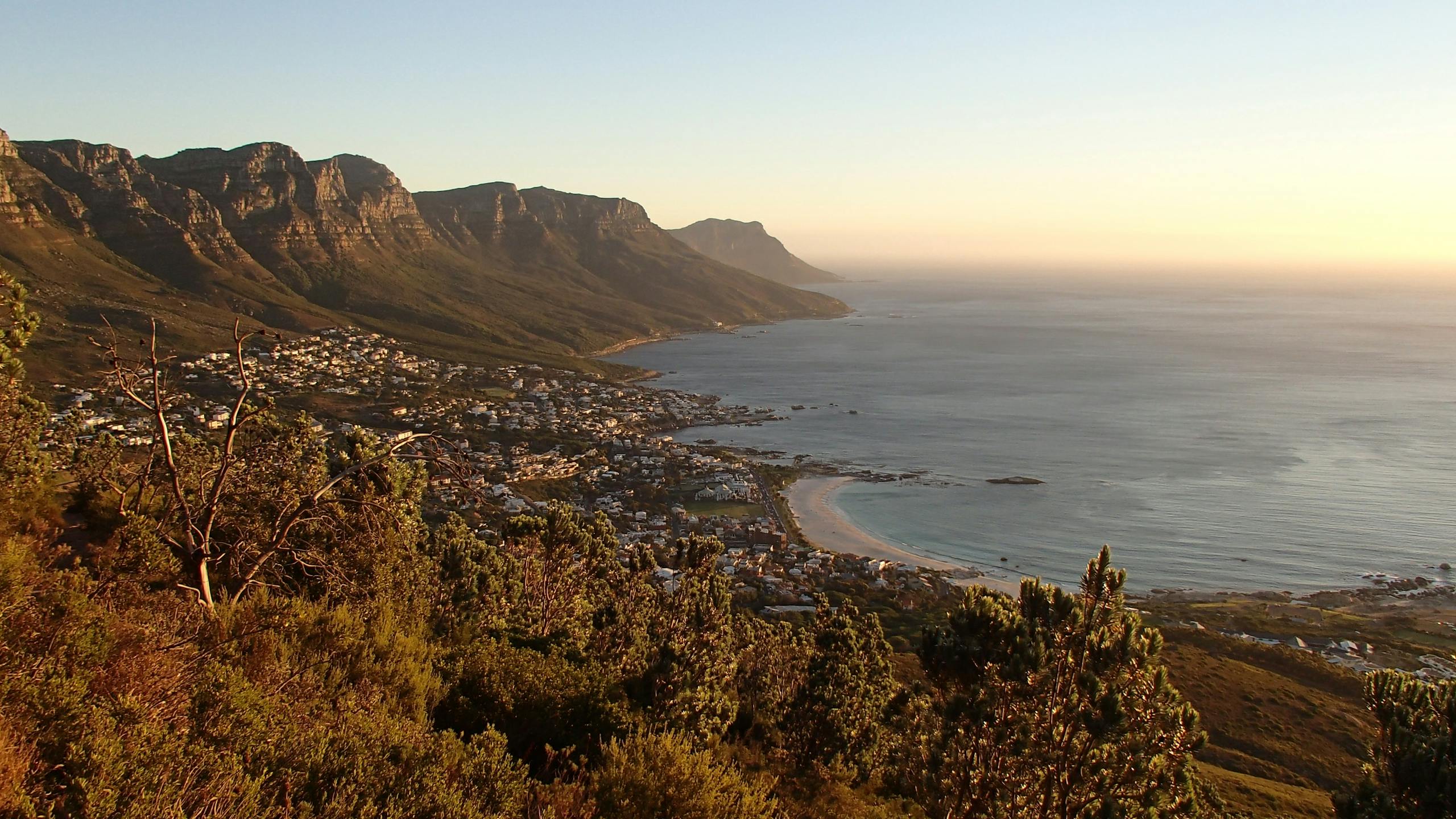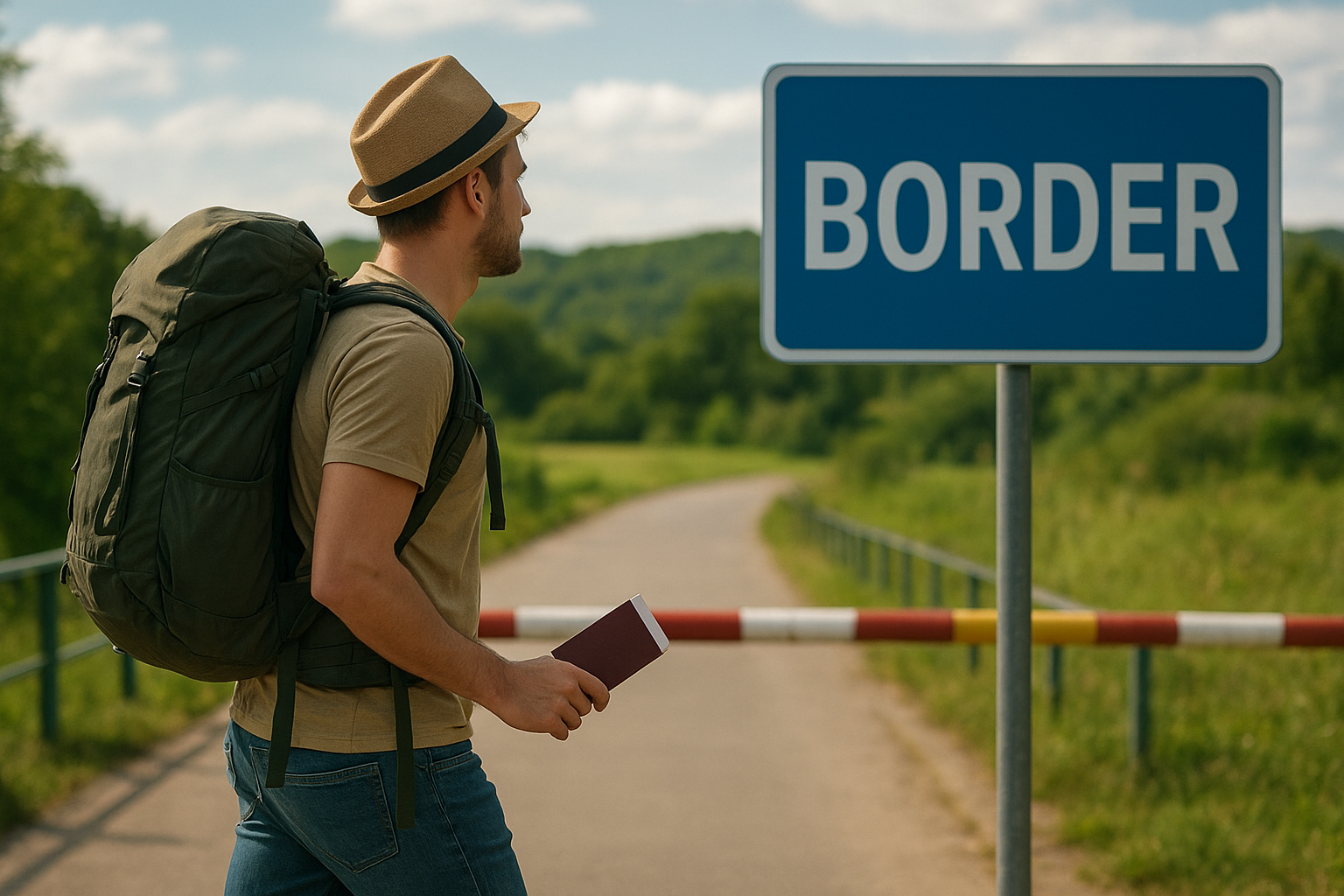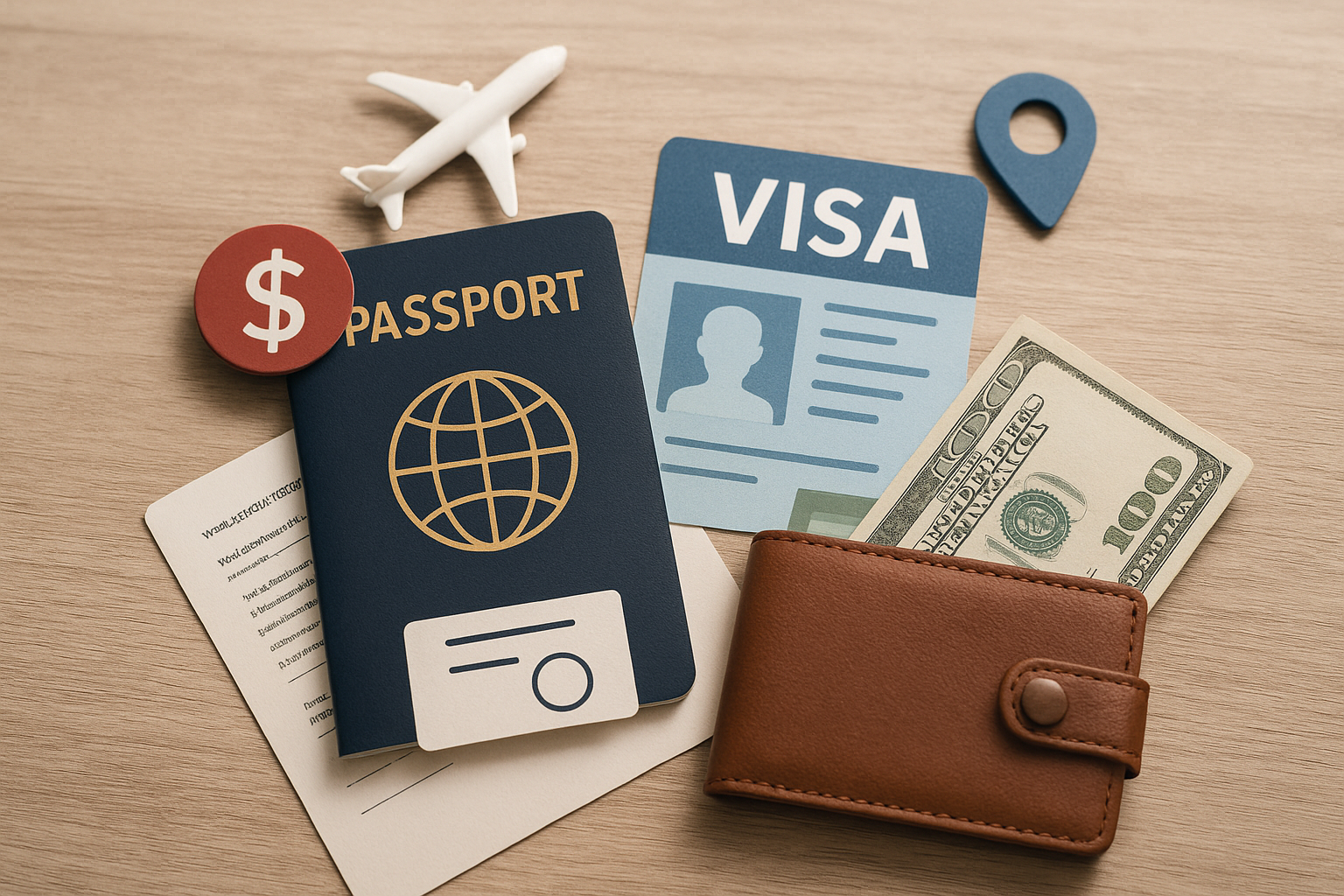Digital Nomad Visa in South Africa – Everything You Need to Know
South Africa is becoming an increasingly popular destination for remote workers and digital nomads looking for an exciting place to live and work. With its stunning landscapes, vibrant cities, and affordable cost of living, it’s easy to see why. But for those who wish to stay longer, the question of visa options arises. The concept of a digital nomad visa in South Africa is growing in interest, but what does it really entail, and how can you secure your stay legally?
In this guide, we’ll break down everything you need to know about obtaining a visa as a digital nomad in South Africa, from visa types and application processes to lifestyle insights and costs.
Why Choose South Africa as a Digital Nomad?
1. Diverse Natural Beauty and Cultural Richness
South Africa boasts an extraordinary blend of natural landscapes and urban experiences. From the picturesque beaches of Cape Town to the sprawling savannas of Kruger National Park, the country offers endless opportunities for outdoor enthusiasts. Not only is the environment diverse, but so is the culture. You’ll find a melting pot of languages, cuisines, and traditions across the country, creating a vibrant atmosphere that’s perfect for those who enjoy immersing themselves in local culture.
2. Affordable Cost of Living
Compared to many Western countries, South Africa offers a significantly lower cost of living, making it an attractive destination for digital nomads. In cities like Cape Town, Johannesburg, and Durban, you’ll find affordable housing options, cheap local transport, and reasonably priced groceries. This lower cost of living allows digital nomads to maintain a comfortable lifestyle without breaking the bank.
For example, a one-bedroom apartment in Cape Town’s city center typically costs between $500 and $800 per month, while eating out at a mid-range restaurant might only set you back $10-$20.
3. A Growing Hub for Remote Workers
South Africa is quickly emerging as a hub for freelancers, entrepreneurs, and remote workers. This growing community has led to the development of co-working spaces, digital nomad meetups, and a strong expat network. With solid internet connectivity in major cities, you won’t have trouble finding places to work or making professional connections.
Visa Options for Digital Nomads in South Africa
At present, South Africa does not have an official digital nomad visa. However, there are several visa options that allow remote workers to stay in the country legally for extended periods. Here’s an overview of the most relevant visa types:
1. Tourist Visa
Most visitors to South Africa can enter on a tourist visa, which allows a stay of up to 90 days. This is ideal for digital nomads who want to spend a few months in the country. In some cases, it is possible to apply for an extension, which could allow you to stay up to an additional 90 days, making a total stay of six months.
To apply for a tourist visa extension, you’ll need to file your request at the Department of Home Affairs within South Africa, providing proof of financial stability and valid health insurance.
Department of Home Affairs: Visa Services
2. Work Visa Options
While there is no specific digital nomad visa South Africa at the moment, there are several work visas that remote workers can explore, especially if they have connections to local businesses or are planning to work with South African companies. These include:
- Critical Skills Visa: This visa is aimed at individuals with skills that are considered critical for South Africa’s economy. While it primarily targets professionals like engineers, IT specialists, and doctors, freelancers in high-demand sectors might qualify. The visa is valid for five years and can lead to permanent residency.
- General Work Visa: This visa requires sponsorship from a South African employer, making it less suitable for independent digital nomads. However, for those who can secure a job offer, it provides the opportunity to live and work in South Africa legally.
- Business Visa: Entrepreneurs looking to set up their own businesses in South Africa can apply for a business visa. Applicants must demonstrate that their business will benefit the country by creating jobs or boosting the economy.
For more information on specific visa requirements, visit the VFS Global website, which handles visa applications for South Africa.
VFS Global: South Africa Visa Application
3. Long-Term Visa Strategies
If you’re looking to stay in South Africa for longer periods but aren’t eligible for a work visa, you might consider a retired persons’ visa. While primarily intended for retirees, this visa allows applicants to live in South Africa if they can demonstrate a stable source of income, such as from freelancing or investments. The minimum financial requirement is an income of at least R37,000 (approximately $2,500) per month.
How to Apply for Visas in South Africa
1. Step-by-Step Visa Application Process
Applying for any visa in South Africa involves several steps. For most digital nomads, the tourist visa or work visa will be the most practical options.
Here’s how to apply:
- Step 1: Determine Your Visa Type: Depending on the length of your stay and your professional situation, choose the visa that best fits your needs (e.g., tourist visa, critical skills visa, etc.).
- Step 2: Gather Required Documents: This typically includes proof of income or savings, travel insurance, and a passport valid for at least 6 months beyond your intended stay.
- Step 3: Apply at the Nearest Embassy or Online: You’ll need to submit your visa application at a South African embassy in your home country or online through the VFS Global portal.
- Step 4: Wait for Approval: Visa processing times can vary, but it’s a good idea to apply at least 6-8 weeks before your intended departure date.
- Step 5: Arrive in South Africa and Comply with Local Regulations: Once your visa is approved, ensure you comply with any local rules and maintain valid travel insurance.
Cost of Living in South Africa
South Africa offers one of the most affordable costs of living compared to many Western countries, making it a prime destination for digital nomads. However, the cost can vary depending on the city and your lifestyle. Below are some estimated monthly costs for living in South Africa’s major cities:
- Cape Town: Known for its beauty and vibrant cultural scene, the cost of living here is slightly higher than in other cities. Expect to spend around $1,200 to $1,800 per month for accommodation, food, and transportation.
- Johannesburg: South Africa’s business hub offers a lower cost of living compared to Cape Town, with monthly expenses averaging $1,000 to $1,500.
- Durban: This coastal city is popular for its warm weather and affordable living. Here, you can live comfortably on $800 to $1,200 per month.
Beyond accommodation and food, transportation costs are relatively low, with Uber and local taxis being popular options. Public transport is available, though it’s less reliable outside major urban areas.

Safety Considerations
Safety is a common concern for travelers heading to South Africa, as the country has a higher crime rate compared to other regions. However, by exercising caution and staying in well-populated areas, you can mitigate many risks. Here are some tips for staying safe:
- Stay in Secure Neighborhoods: Popular areas such as Camps Bay in Cape Town and Sandton in Johannesburg are known for being safer, with 24/7 security in many residential complexes.
- Use Reliable Transport: While Uber is widely available and considered safe, avoid using public transport late at night, especially in less-developed areas.
- Stay Informed: Keep up to date with local news and avoid areas known for political protests or unrest.
While South Africa does have its challenges, most travelers and digital nomads find the benefits far outweigh the risks, especially when safety precautions are taken seriously.
Best Cities and Attractions in South Africa
1. Cape Town
Known for its iconic Table Mountain and stunning beaches, Cape Town is a favorite among digital nomads. The city offers a range of co-working spaces, fast internet, and a lively café culture. Don’t miss the chance to visit the V&A Waterfront, explore Robben Island, or hike Lion’s Head.
2. Johannesburg
As the economic powerhouse of South Africa, Johannesburg is the place to be for entrepreneurs and business-focused digital nomads. With vibrant arts scenes, top-tier restaurants, and nearby attractions like the Apartheid Museum, the city offers both work opportunities and cultural experiences.
3. Durban
If you prefer a more laid-back lifestyle, Durban’s beaches and warm climate may be perfect for you. The city is known for its surf culture and delicious Indian-inspired cuisine, with plenty of affordable co-working spaces and fast Wi-Fi available.
Your South African Adventure Awaits
South Africa’s rich culture, stunning landscapes, and affordable living make it an attractive destination for digital nomads. Although there isn’t an official digital nomad visa in South Africa just yet, the existing visa options provide ample opportunity for remote workers to explore and experience this incredible country. Whether you’re drawn to the bustling cities or the serene nature reserves, South Africa offers an unforgettable experience for those seeking a balance of work and adventure.













